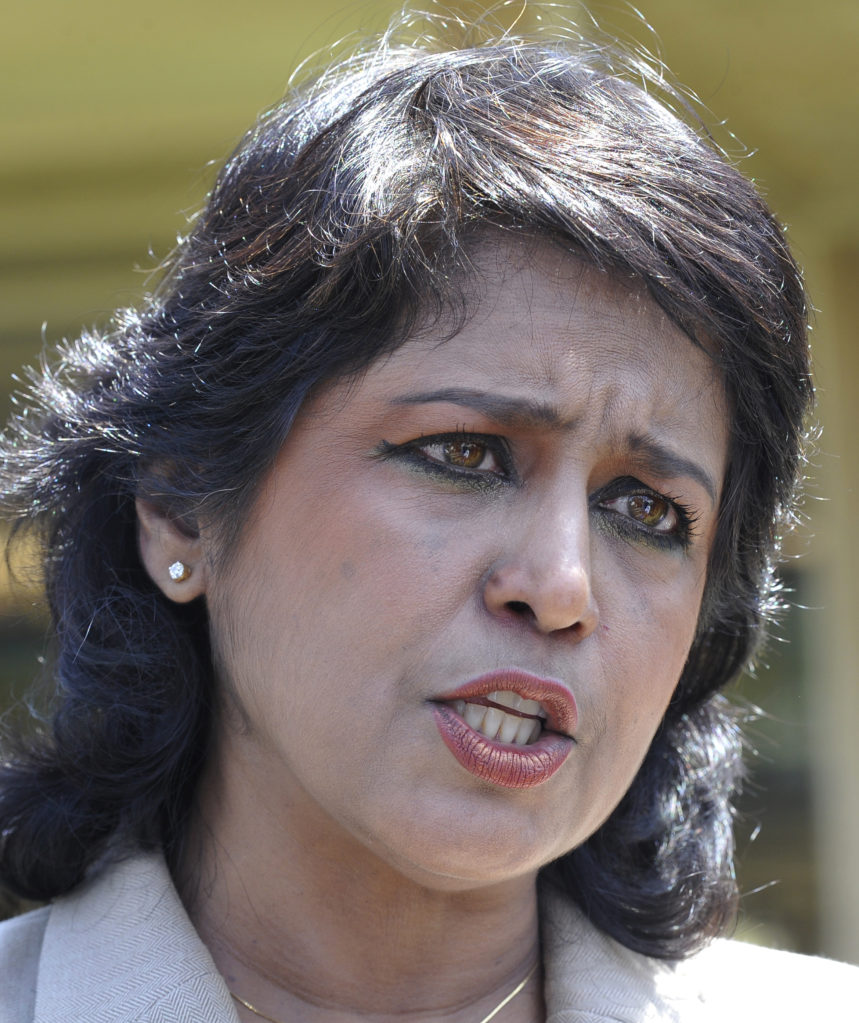A continent with a billion-plus population, Africa has only two female billionaires on its rich lists, and has had only two female heads of state – Liberia’s Ellen Johnson-Sirleaf and former Malawi president Joyce Banda – if you don’t count Catherine Samba-Panza, interim president of the Central African Republic.
In June 2015, Ameenah Gurib-Fakim was named the first female president of Mauritius, an island in the Indian Ocean off the coast of Africa – and became the continent’s third female head of state.
Unlike the others, Gurib-Fakim’s accomplishments are not in politics, but in science – she has had a stellar international career as a biodiversity scientist.
FORBES WOMAN AFRICA caught up with her in Dakar, Senegal, on the sidelines of the World Intellectual Property Organisation’s conference on intellectual property for an emerging Africa.
With a number of frontline issues jostling for the attention of policymakers and the public purse, intellectual property is fighting to become a mainstream issue on the African agenda.
Gurib-Fakim has set her eyes on changing this picture and advocating science and technology as a priority for Africa’s development.
“We find that many African countries are still not amongst the first 20 to have registered patents, there is still lots to do and I think the challenge is to get to grips with the numbers around intellectual property because this is what is going to be a game-changer for the continent,” begins the president.
Gurib-Fakim believes African governments have it all wrong when it comes to identifying the true resources of their economies.
“Natural resources are a finite commodity. Africa has got the biggest resource, which we undervalue, and that is the youth…natural resources in the short term are going to be a quick fix and an earner but in the medium-to-long term, we have to focus on another wealth which we have not valued and that is the youth, this is where the future is for Africa.”
But she also concedes the leadership of African governments needs to pay more than just lip service and show commitment by funding youth-related innovation initiatives. The strength and credibility of African institutions are not far down her “to-change” list.
“Africa needs strong institutions and not strong men, and this is again something that we have to invest in: the credibility of our institutions. But the credibility of our institutions will come with the credibility of our people,” she attests.
For some of the long-serving Big Men in Africa, this may come as a direct challenge. But Gurib-Fakim is clear that investing in the continent’s people will yield the best returns. She is particular that this starts with education.
“In Africa, [the] talk of the demographic dividend and a time bomb; I think they are two sides of the same coin. Eleven million graduates are going to land on the job market every year on the continent. Now, I don’t think any government is able to absorb all this youth,” says Gurib-Fakim.
So, what is the alternative?
“The alternative would be to have economies vested in technology, innovation and entrepreneurship. I think we will have a new kind of layer of professionals that would emerge to build the Africa we want.”
